Life
Diwali Festivities Light Up the World
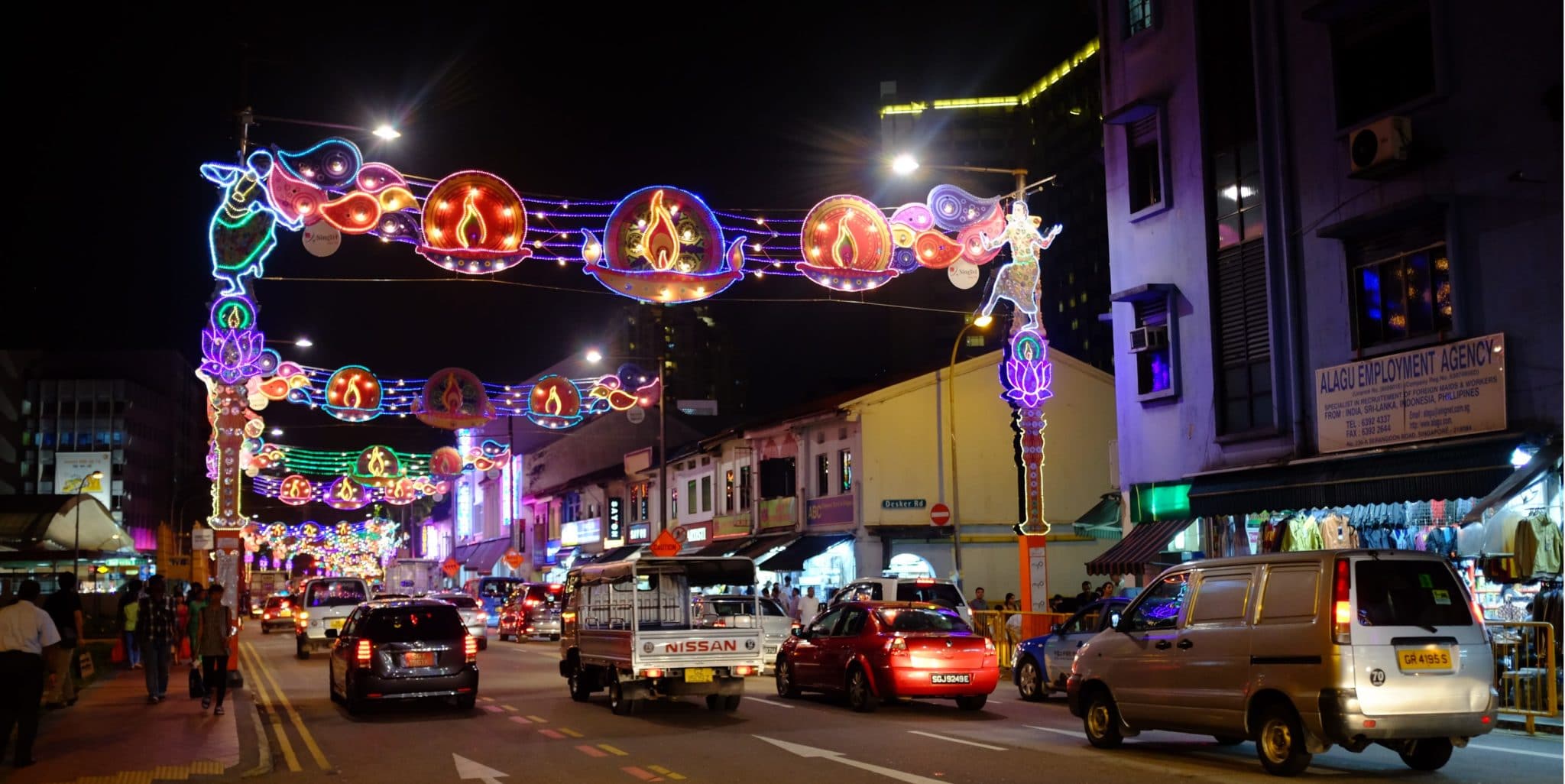
Diwali decorations in Singapore.
Wikimedia Commons
Diwali has evolved into a massive global festival, with NRIs all over the world enjoying the communal bonhomie.
Diwali is around the corner and the various events being organized all over the world show that the illustrious Indian festival has evolved into such a big global phenomenon that its name does not require much explanation. The festival, which celebrates the victory of good over evil, is associated with fireworks, sumptuous feasts, new clothes and bright lights in India, and Non-resident Indians have managed to include most of these elements in their celebrations as well. Take a look at the web pages of most Indian associations spread across the world, and you find a call to come together and take part in the bonhomie that the festival brings.
Over the last decade or so, Diwali has become a part of the American lexicon, and due credit should be given to actress Mindy Kaling. Back in 2006, the Indian-origin actress directed an episode of American television series The Office, titled Diwali, and this helped popularize the festival among U.S. citizens. In 2006, The Office became perhaps the first American comedy series to showcase the festival of lights. A few years later, Outsourced, another popular American sitcom, also featured an episode dedicated entirely to Diwali.
The extent of the popularity of the festival can be gauged by these facts:
|
The evolution of Diwali into such a massive global festival stems, of course, from the large Indian workforce abroad, that has only increased over the last couple of decades. For instance, there were just 450,000 Indians living in the United States in the 1990s. The number grew to about 2.4 million in 2015, according to data from the U.S. Census Bureau and American Community Surveys. And for these millions who are away from home, celebrating Diwali is a way for them to get in touch with their roots, a time to connect with family and the local Indian community, and share good food, gifts, moments and memories.
For Poornima K Nair, 30, a homemaker in the Netherlands, festivals such as Diwali are a time to teach her young son about India and its rich culture.
“I’ve prepared him for Diwali by telling him stories that are narrated in the Puranas and its significance today,” Nair, whose husband works as a software professional in the country, says. “Besides lighting diyas and decking up our home, we will also attend one of the Diwali bashes being held by the Indian community in the Netherlands. That’s a great way to give him a taste of how Diwali is celebrated back home in India.”
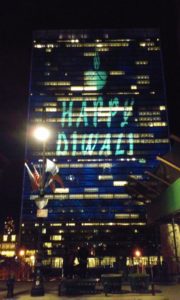
The United Nations headquarters building in New York lit up with a Diwali greeting and a diya on Oct. 30 2016.
For most Indians, the highlight of Diwali is the fireworks. But that’s also one aspect of festivities that most NRIs miss, since many countries have restrictions on fireworks. “I definitely miss it,” says Divya Tarimala, a 29-year-old software engineer who works at Infosys in Austin, Texas. Recollecting the Diwali festivities she enjoyed with her family in Bengaluru, Tarimala says she loved “watching the whole sky light up,” something that Americans get to enjoy during the Fourth of July celebrations. The Diwali at Times Square event in the country, held last week, has gone on to become an occasion attended by thousands by people in its four-year history so far.
VKM Das, 58, a Dubai-based engineer who has had stints in Libya, Nigeria and Azerbaijan, agrees. But what’s important, he says, is that young Indians growing up abroad get an opportunity to relive their traditions.
“Living in a foreign land and preserving one’s traditions and culture is often difficult,” says Das. “But most NRIs try to give their children a sense of where they come from and festivals are a great way to do that. The various Indian associations spread across the world do a great job in replicating the festivals that we celebrate with such grandeur.”
Bollywood songs have added to the luster of Diwali festivities. Most foreigners associate India with Bollywood, which is known for its over-the-top dance and song numbers, and gyrating to Hindi movie songs has now become part of celebrations on the occasion.
It is not just Indians who take part in the cultural aspects of Diwali. According to Sachin Dinesh, a 22-year-old first generation Australian, a good number of local citizens are also now aware of the festival of lights, thanks to a wide coverage in the media.
“You do see Australians joining the festivities, even though they are usually friends of Indian people. They are intrigued by it as it’s an extremely fun looking event,” says Dinesh, a chemical engineering student at the University of New South Wales. Earlier, Diwali celebrations were confined to one’s home, but now a lot of programs are organised in the main city area, says the Sydney resident. “Stalls of food are put up, and there is a stage where people perform dances, and everyone just gathers around to have a good time.”
Not surprisingly, Diwali is a big deal even in countries that do not have a sizeable Indian population. For instance, even South Koreans love to take part in Diwali festivities, according to Indians in Korea (IIK), a non-profit organization with over 6,500 members.
“First Diwali celebration of the Indian community took place in 2008,” said IIK president Dwarkaprasad Dayama. “This year, we will complete 10 years of Diwali celebration in SK. It is just about one of the biggest festival of India and liked by all. We also have Korean participants in our events as well as people from other nationalities. They also perform on Bollywood numbers during the program.”
According to Dayama, the main reason behind the popularity of Diwali is that people love to come together, wear attractive ethnic wear and enjoy delicious Indian cuisine. Need one ask for more?
2 Comments
You must be logged in to post a comment Login

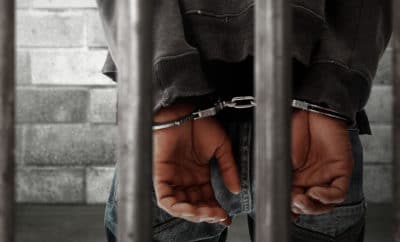
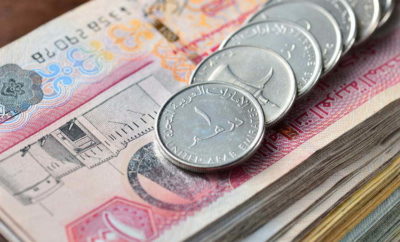
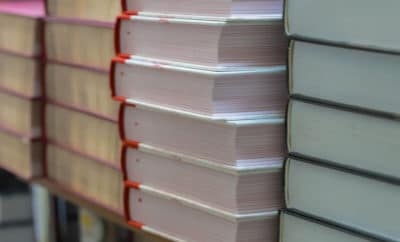
Pingback: Diwali, The Festival Of Light | Jack Brown
Pingback: Diwali Festivities Light Up the World | Jack Brown